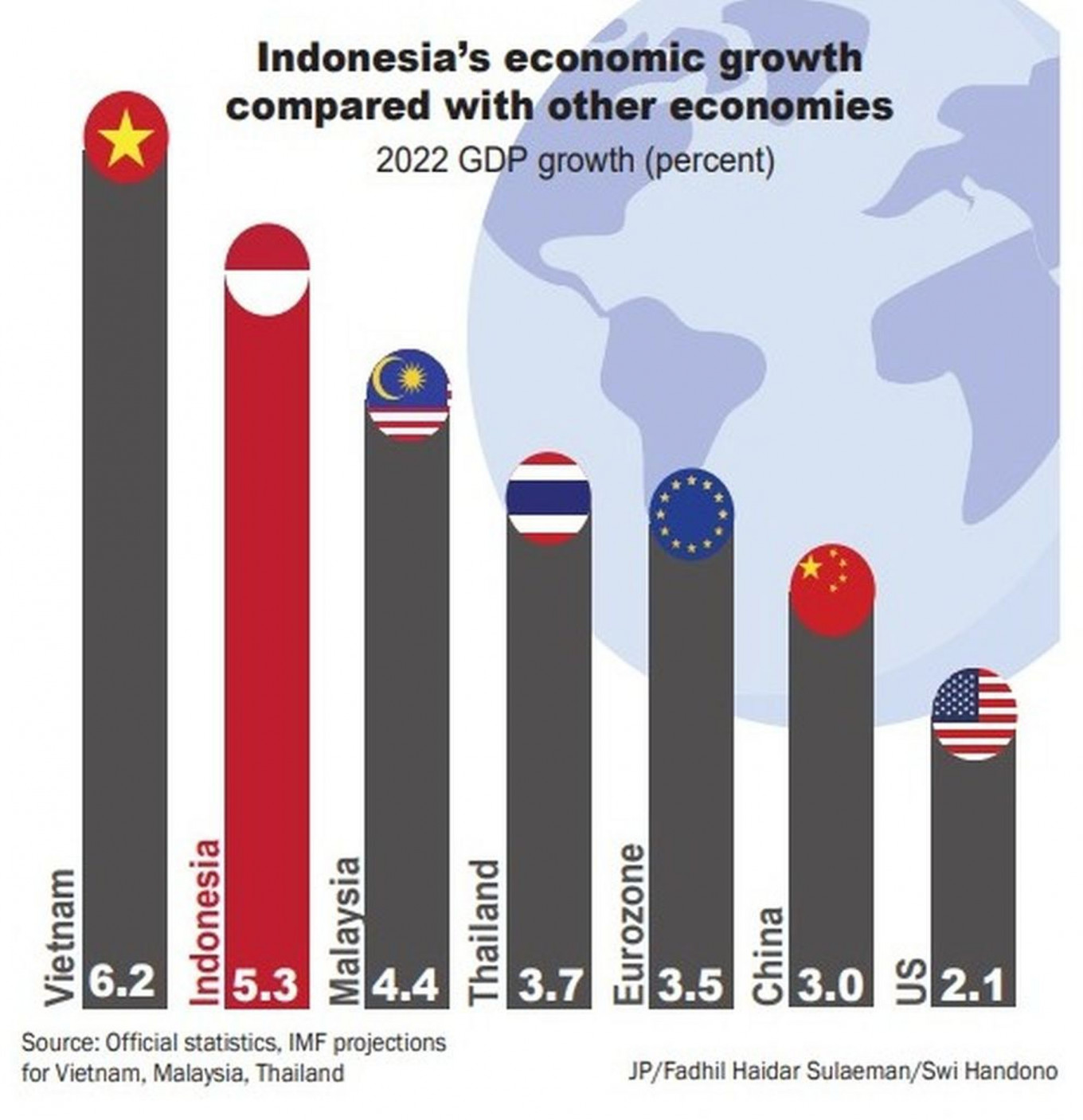Addressing Ghana's Mental Health Crisis: The Psychiatrist Shortage

Table of Contents
Ghana faces a severe mental health crisis, significantly exacerbated by a critical shortage of psychiatrists. This lack of qualified professionals creates immense challenges for individuals struggling with mental illness, hindering access to vital care and treatment. The consequences are far-reaching, impacting individuals, families, and the nation's overall well-being. This article explores the dimensions of this crisis, its devastating consequences, and potential solutions to address the pressing need for more psychiatrists in Ghana.
<h2>The Severity of the Psychiatrist Shortage in Ghana</h2>
The stark reality of the psychiatrist shortage in Ghana is alarming. The psychiatrist-to-population ratio is drastically lower than international standards, leaving a vast majority of the population without access to essential psychiatric care. This disparity is further compounded by geographical inequalities. Urban areas often have a significantly higher concentration of psychiatrists compared to rural regions, creating a severe healthcare gap for those living in remote communities. The lack of adequate mental health professionals leads to delayed diagnoses, inappropriate treatment, and ultimately, poorer health outcomes.
- Specific statistics: While precise figures vary depending on the source, estimates suggest a ratio of approximately 1 psychiatrist for every 1 million people, a stark contrast to the World Health Organization's recommended ratios.
- International comparison: Ghana's psychiatrist-to-population ratio significantly lags behind other African nations and global averages, highlighting the urgent need for intervention.
- Geographical disparities: Regions such as the Northern and Upper regions of Ghana face the most significant shortages of psychiatrists, resulting in limited access to mental healthcare services for a substantial portion of the population.
- Access to care: The scarcity of psychiatrists directly impacts access to timely and appropriate mental healthcare, forcing many individuals to travel long distances or forgo treatment altogether.
<h2>Consequences of the Psychiatrist Shortage</h2>
The consequences of insufficient psychiatric care in Ghana are devastating and far-reaching. The shortage contributes directly to:
- Untreated mental illness: A substantial portion of individuals with mental illness go untreated, leading to worsening symptoms, increased disability, and reduced quality of life. The lack of access to proper diagnosis and treatment prevents early intervention, potentially exacerbating long-term effects.
- Increased suicide rates: Limited access to mental healthcare is strongly correlated with higher suicide rates. The absence of timely intervention and support for those at risk significantly contributes to this tragic outcome.
- Perpetuation of stigma: The scarcity of mental health professionals and resources reinforces the stigma surrounding mental illness within communities. This stigma prevents individuals from seeking help, further exacerbating the crisis.
- Overburdened healthcare system: The absence of sufficient psychiatrists places an undue burden on other healthcare professionals, such as general practitioners and nurses, who often lack the specialized training to adequately address complex mental health issues. This can lead to misdiagnosis, inappropriate treatment, and ultimately poorer patient outcomes.
<h2>Potential Solutions to Address the Shortage</h2>
Addressing Ghana's psychiatrist shortage requires a multifaceted approach involving both short-term and long-term strategies. This includes:
- Increased investment in medical education: Substantial investment is needed to expand training programs in psychiatry within medical schools and universities. This requires increased funding, improved infrastructure, and recruitment of qualified faculty.
- Expanding psychiatric residency programs: Creating more psychiatric residency positions will help train more specialists and build the capacity of the healthcare system. Attracting and retaining qualified specialists will require competitive salaries and improved working conditions.
- Telepsychiatry solutions: Leveraging technology through telepsychiatry can help bridge the geographical gap in access to care, connecting patients in remote areas with psychiatrists remotely. This requires investment in infrastructure and training for both psychiatrists and patients.
- Public awareness campaigns: Targeted public awareness campaigns are essential to reduce stigma surrounding mental illness and promote help-seeking behavior. This requires engaging with communities and promoting mental health literacy.
<h3>The Role of International Collaboration</h3>
International collaboration is crucial in overcoming the psychiatrist shortage. Partnerships with international organizations, foreign investment in healthcare infrastructure, and capacity-building initiatives can significantly contribute to:
- International aid: Securing funding from international organizations can support the expansion of training programs and the recruitment of specialists.
- Global health partnerships: Collaborations with international institutions can facilitate knowledge sharing, training programs, and the implementation of best practices.
- Foreign investment: Investment in healthcare infrastructure, including hospitals and clinics specializing in mental health, is critical to improving access to care.
- Capacity building: International support can focus on building the capacity of local healthcare professionals through training, mentorship programs, and continuing education opportunities.
<h2>Conclusion</h2>
The psychiatrist shortage in Ghana is a critical issue with devastating consequences for individuals, families, and society as a whole. Addressing this crisis requires a comprehensive and sustained effort involving increased investment in medical education, expanded residency programs, the strategic utilization of technology such as telepsychiatry, and targeted public awareness campaigns to reduce stigma. International collaboration is essential to achieving these goals. We must advocate for increased investment in Ghana's mental healthcare system to alleviate the critical psychiatrist shortage. Support organizations dedicated to improving access to mental healthcare in Ghana, consider volunteering your time, or donating to relevant charities tackling the Ghana psychiatrist shortage and its impact. Let's work together to build a healthier and more equitable future for Ghana.

Featured Posts
-
 Cloud Gaming Enhanced Play Station Portal And Its Expanded Classic Game Library
May 02, 2025
Cloud Gaming Enhanced Play Station Portal And Its Expanded Classic Game Library
May 02, 2025 -
 Christina Aguileras Altered Image A Look At The Photoshop Controversy
May 02, 2025
Christina Aguileras Altered Image A Look At The Photoshop Controversy
May 02, 2025 -
 Six Nations 2024 Frances Victory Ramoss Crucial Role
May 02, 2025
Six Nations 2024 Frances Victory Ramoss Crucial Role
May 02, 2025 -
 Ultra Low Growth Forecast For Canadas Economy In 2024 David Dodges Prediction
May 02, 2025
Ultra Low Growth Forecast For Canadas Economy In 2024 David Dodges Prediction
May 02, 2025 -
 Lee Andersons Civil War Comments Rock The Conservative Party
May 02, 2025
Lee Andersons Civil War Comments Rock The Conservative Party
May 02, 2025
Latest Posts
-
 Chuyen Gioi Thanh Cong Can Canh Nhan Sac Thang Hang Cua Lynk Lee Va Su Ung Ho Cua Ban Trai
May 10, 2025
Chuyen Gioi Thanh Cong Can Canh Nhan Sac Thang Hang Cua Lynk Lee Va Su Ung Ho Cua Ban Trai
May 10, 2025 -
 Lynk Lee Sau Chuyen Gioi Nhan Sac Xinh Dep Va Cau Chuyen Tinh Yeu Day Cam Hung
May 10, 2025
Lynk Lee Sau Chuyen Gioi Nhan Sac Xinh Dep Va Cau Chuyen Tinh Yeu Day Cam Hung
May 10, 2025 -
 Lynk Lee Chuyen Gioi Hanh Trinh Lot Xac Ngoan Muc Va Tinh Yeu Tron Ven
May 10, 2025
Lynk Lee Chuyen Gioi Hanh Trinh Lot Xac Ngoan Muc Va Tinh Yeu Tron Ven
May 10, 2025 -
 The 10 Best Film Noir Movies Ever Made
May 10, 2025
The 10 Best Film Noir Movies Ever Made
May 10, 2025 -
 The Kreischers Marriage And The Netflix Stand Up Routine
May 10, 2025
The Kreischers Marriage And The Netflix Stand Up Routine
May 10, 2025
